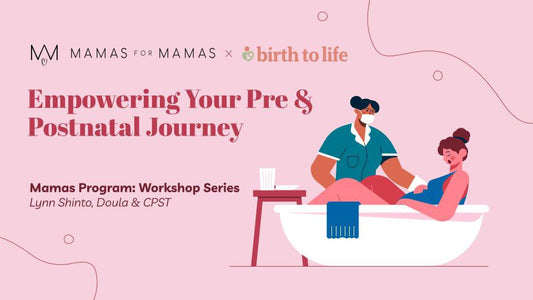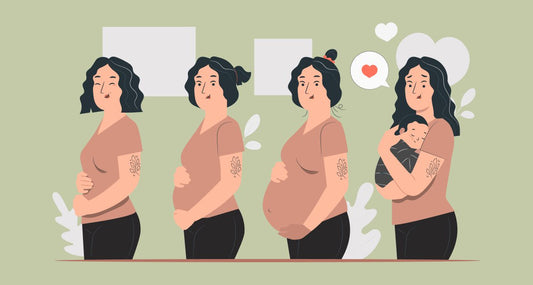The Pros and Cons of Epidurals During Labour

Hey expectant mama, today I’m coming at you with another hot topic in the world of childbirth: epidurals. As you prepare for your big day, you might be wondering whether an epidural is the right choice for you. Let's dive into the pros and cons of this popular pain relief option, so you can make an informed decision that aligns with your unique needs and preferences.
First things first, what exactly is an epidural? It's a regional anesthesia that's administered through a catheter inserted into the space around your spinal nerves, effectively numbing the lower half of your body. Many women opt for an epidural to help manage the intense sensations of labor and delivery.

Now, let's talk about the advantages of getting an epidural. The most obvious benefit is pain relief. Labor can be an incredibly intense and overwhelming experience, and an epidural can help you feel more comfortable and in control. With the lower half of your body numbed, you may be able to rest, relax, and conserve your energy for the pushing stage.
An epidural can also be a godsend if you have a prolonged or particularly challenging labor. If you're exhausted and struggling to cope with the pain, an epidural can provide much-needed relief and allow you to regroup. It's important to remember that there's no shame in seeking pain relief – every woman's labor experience is unique, and you deserve to feel supported and empowered, whatever that looks like for you.
However, it's equally important to consider the potential drawbacks of epidurals. One of the main concerns is the impact on your mobility. With the lower half of your body numbed, you may be confined to bed and unable to move around freely. This can limit your ability to try different positions and work with gravity to help your baby descend through the birth canal.
There's also a risk of side effects with epidurals, such as low blood pressure, itching, and headaches. In rare cases, more serious complications can occur, such as nerve damage or infection. It's crucial to discuss these risks with your healthcare provider and weigh them against the potential benefits.

Another consideration is the impact on your labor progress. Some studies suggest that epidurals may slow down the second stage of labor (the pushing phase) and increase the likelihood of instrumental deliveries, such as forceps or vacuum-assisted births. However, it's worth noting that the evidence on this is mixed, and many women are able to have successful, uncomplicated deliveries with an epidural.
Ultimately, the decision to get an epidural is a deeply personal one that depends on your individual circumstances, preferences, and pain tolerance. There's no right or wrong answer – what matters most is that you feel informed, supported, and empowered throughout your labor and delivery.

As a doula, my role is to provide you with the information and support you need to make the best choices for yourself and your baby. I'm here to listen to your concerns, answer your questions, and advocate for your wishes every step of the way. Whether you choose to get an epidural or opt for natural pain management techniques, I'll be by your side, cheering you on and reminding you of your incredible strength.
If you're feeling overwhelmed or unsure about your options, I invite you to reach out and schedule a chat with me. Together, we can explore the pros and cons of epidurals in more depth and create a birth plan that aligns with your unique needs and goals. Remember, you are the expert on your own body and your own journey – trust your instincts, lean on your support system, and know that you've got this.







0 comments